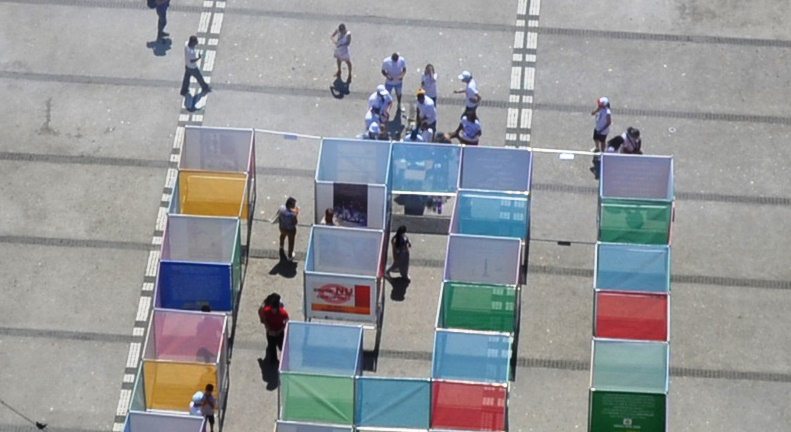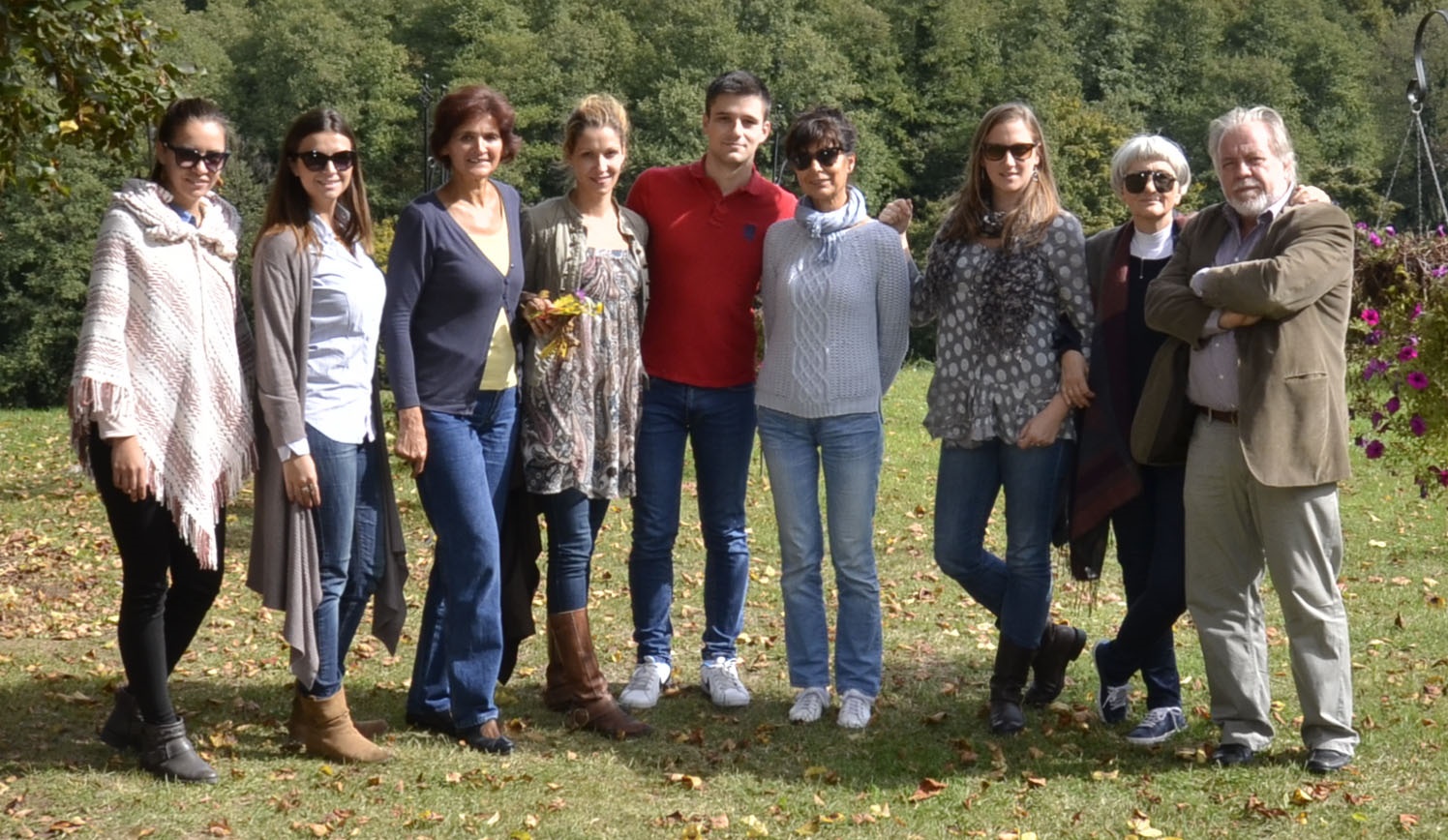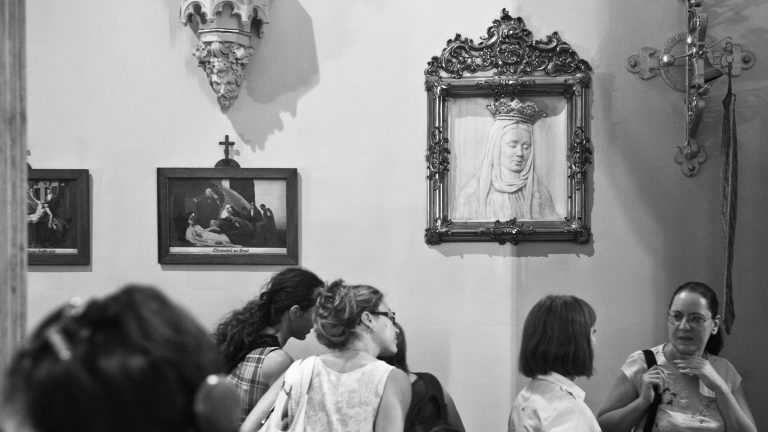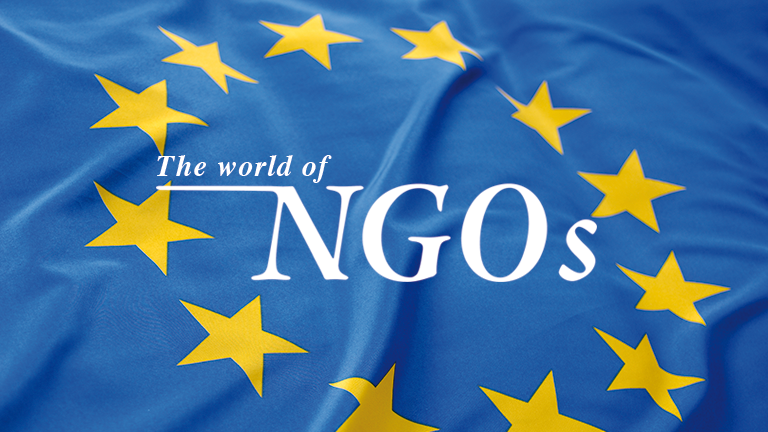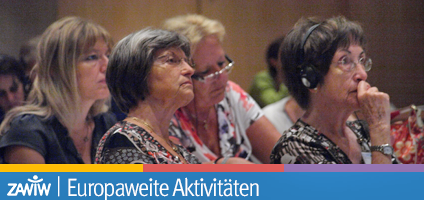Asociatia Pro Democratia
Asociatia Pro Democratia (APD) is a non-governmental, non profit and non-party affiliated organization established in 1990. APD currently has 24 clubs in which more that 1000 citizens (members and volunteers) participate in implementing our projects.
The mission of Asociatia Pro Democratia is to strengthen democracy at national and international level by encouraging civic participation. The main fields of interest of APD are: strengthening the relation between the electorate and its elected representatives, observing the correctness of the electoral process, civic education; citizens’ participation in the process of public policies drafting, the transparency of public institutions and their control by the civil society; protecting human rights.
What we do
APD is involved in programs of civic education and participation at both local and national level, aiming first and foremost at running projects and developing activities that increase the degree of democratic consolidation at the level of communities and of the society as a whole.
Contact:
Iuliana Iliescu
apd@apd.ro

